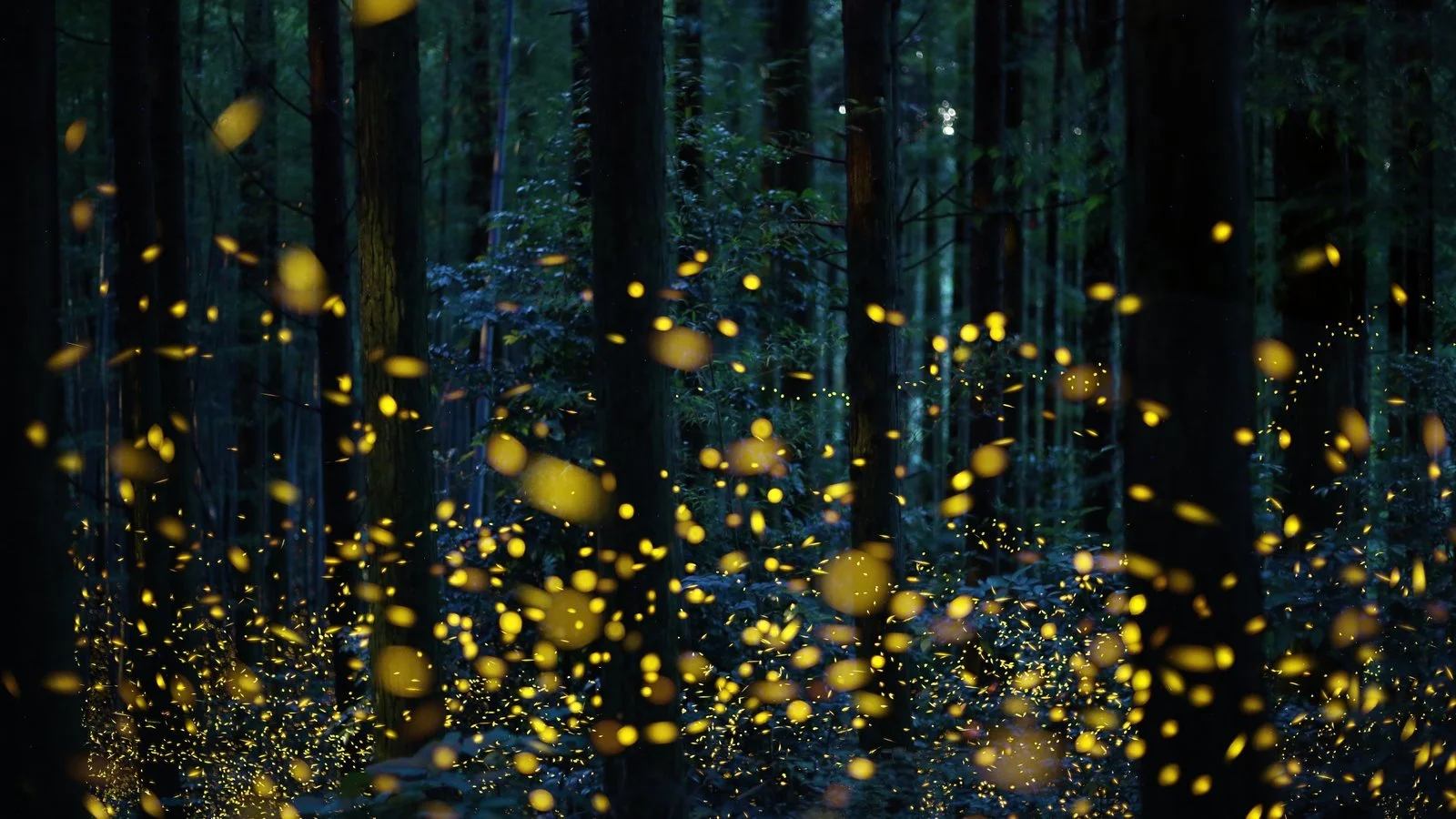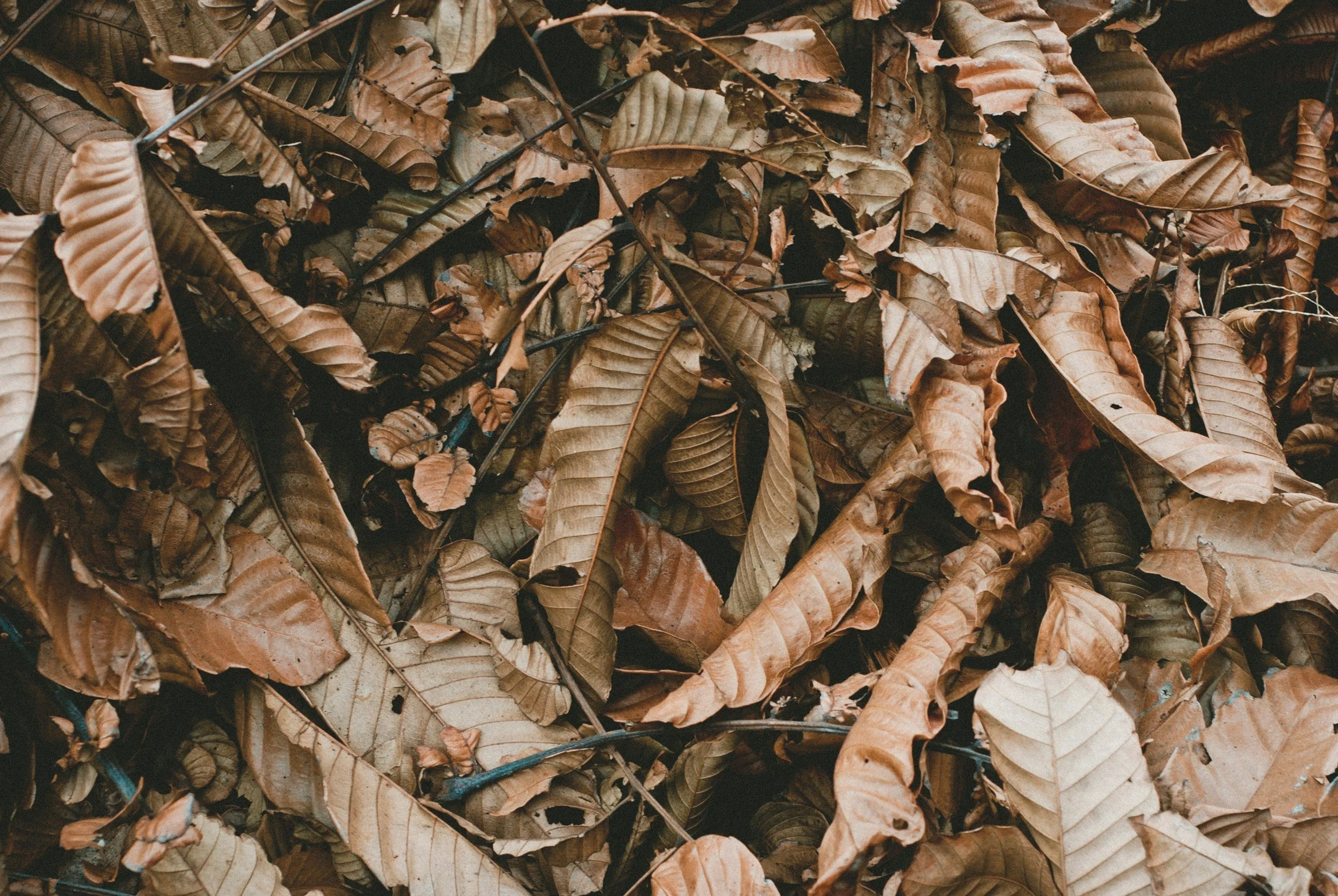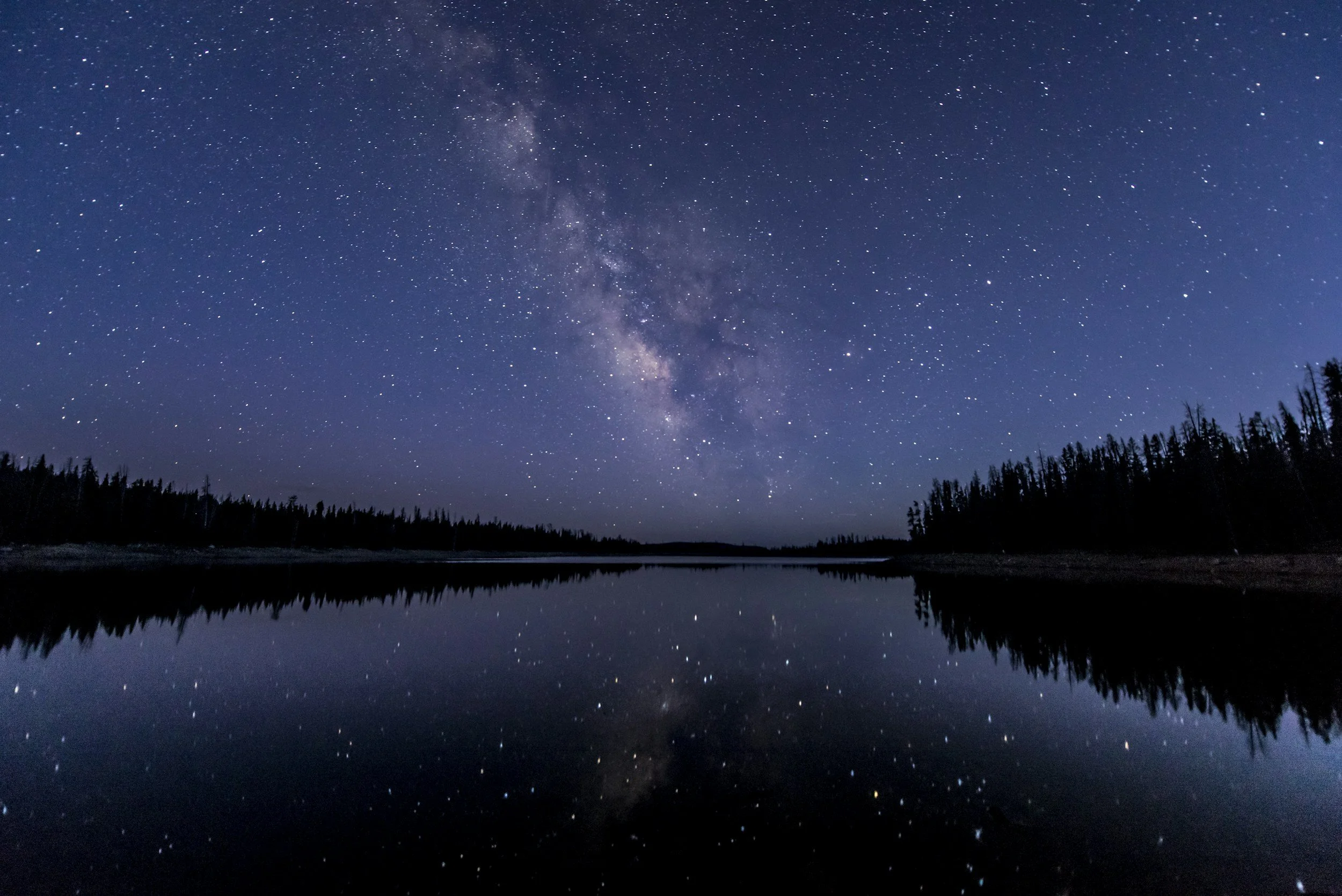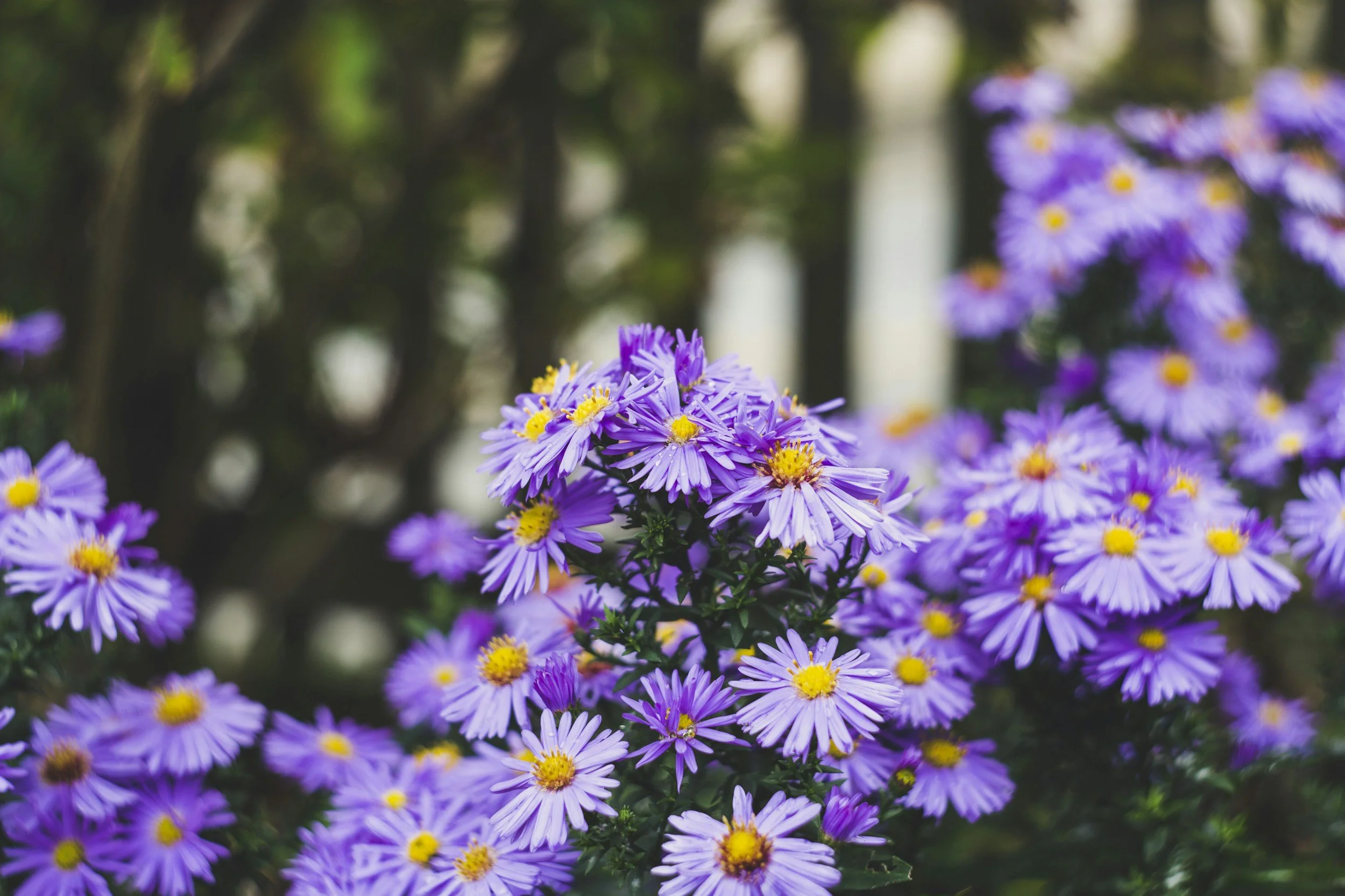Let It Glow: How to Attract and Support Fireflies in Your New Jersey Garden
Few summer sights are more magical than fireflies flickering through the twilight. These enchanting insects, also known as lightning bugs, are not only a nostalgic symbol of warm evenings — they’re also important members of the ecosystem. Sadly, their numbers are declining due to habitat loss, light pollution, and chemical use. But the good news? Your garden can become a sanctuary for them.
Here’s how to make your landscape more welcoming to fireflies:
🌿 1. Skip the Chemicals
Fireflies spend much of their lives (up to two years!) as larvae living in the soil, where they prey on slugs, snails, and other soft-bodied critters. Synthetic pesticides, herbicides, and even some lawn treatments can kill them outright or poison their food sources.
What to do instead:
Embrace natural pest control methods
Avoid spraying your lawn or garden beds
Let beneficial insects do the work
🌾 2. Let Your Landscape Go a Little Wild
Fireflies thrive in moist, undisturbed habitats with tall grasses, native plants, leaf litter, and decaying logs. Overly tidy yards with neatly clipped lawns and lots of mulch or rock leave little shelter for them.
Try this:
Leave an area of your yard unmanicured
Incorporate native grasses, shrubs, and groundcovers
Keep brush piles or logs in a quiet corner
Rake leaves into your beds instead of off your beds in fall
🌌 3. Dim the Lights
Fireflies communicate and find mates using their bioluminescent glow. Outdoor lights — including porch lights, landscape uplighting, and security fixtures — can drown out their signals and confuse or deter them.
To reduce light pollution:
Turn off unnecessary lights at night
Use motion-sensor or downward-facing lighting
Choose warm-colored bulbs over bright white LEDs
💧 4. Keep it Moist
Fireflies are drawn to damp environments like wet meadows, marshes, and the edges of ponds or streams. Even if you don’t have a water feature, you can create favorable conditions.
Tips:
Plant a rain garden or choose plants suited to moist soils
Avoid over-draining or compacting your soil
Reduce lawn size to help retain moisture in the landscape
🌼 5. Plant Native
Native plants support the food web that fireflies and their prey depend on. They also help build the kind of layered, biodiverse habitat where these insects can safely live, grow, and reproduce.
Great choices for North Jersey gardens include:
Carex pensylvanica (Pennsylvania sedge)
Monarda fistulosa (wild bergamot)
Eutrochium purpureum (Joe Pye weed)
Symphyotrichum novae-angliae (New England aster)
Solidago spp. (goldenrods)
✨ Reclaim the Night, Restore the Glow
By creating a garden that’s a little messier, a little darker, and a lot more alive, you’ll not only bring back the fireflies — you’ll support a richer, healthier ecosystem for all kinds of wildlife. And in return? You get a front-row seat to nature’s light show every summer evening.
Let your landscape glow — naturally.





